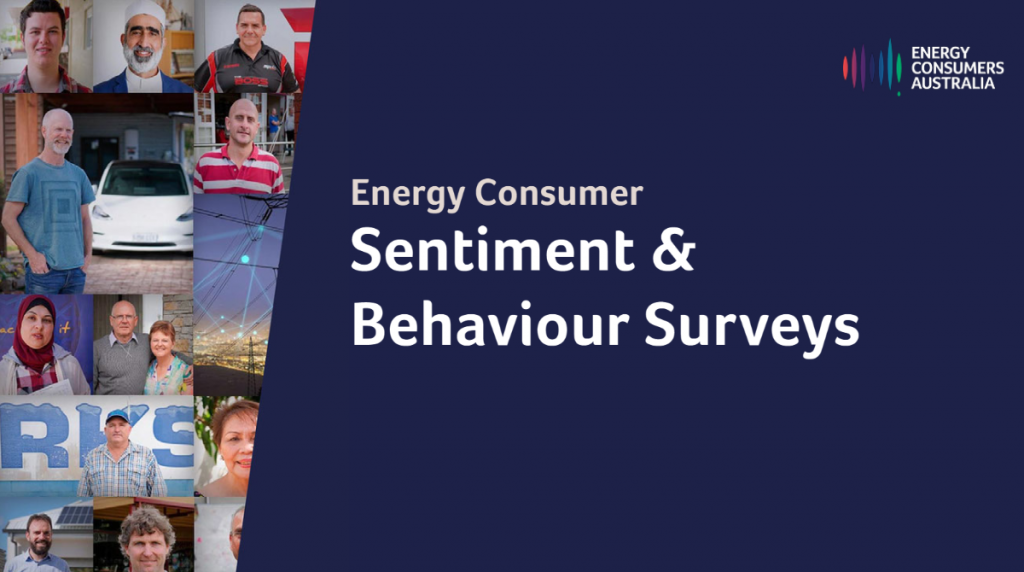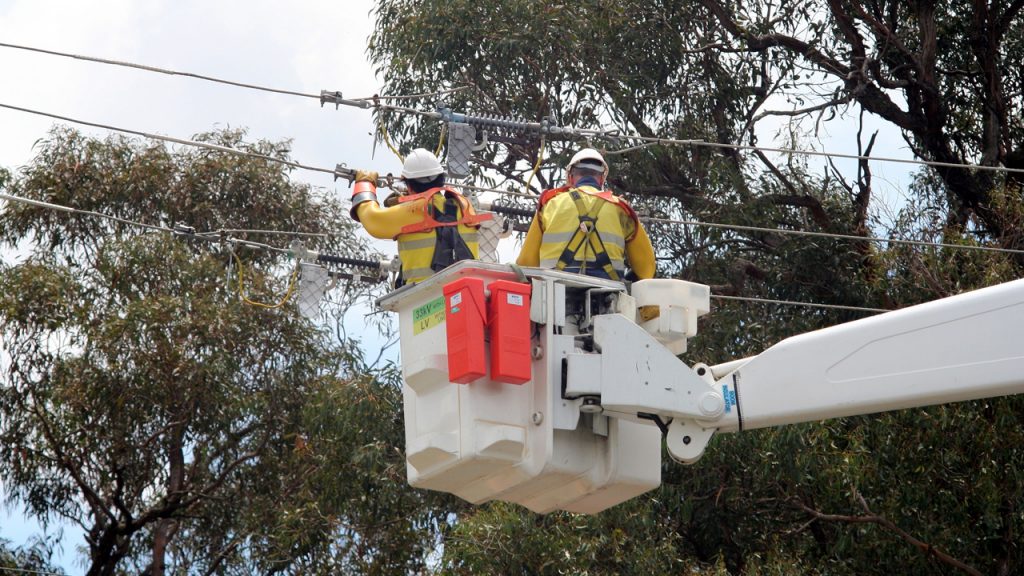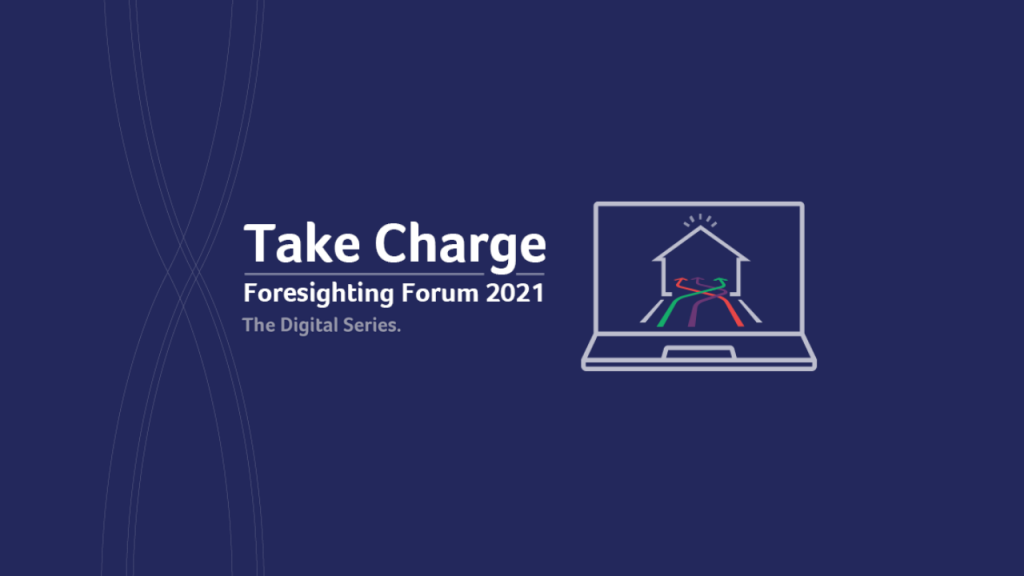Australian energy consumers are reporting record levels of satisfaction, as falling energy prices translate to a surge in positive sentiment and growing belief that consumers are getting better value for money.
But consumers are far more circumspect when it comes to judging how well-placed Australia’s system is to adapt to the closure of coal-fired power stations and transition to a clean energy future that meets their needs and expectations.
These are the headline findings in Energy Consumers Australia’s latest Energy Consumer Sentiment Survey. The survey, now in its sixth year, is carried out by Essential Research and is Australia’s most comprehensive ongoing study of consumer sentiment and behaviour.
After a year in which wholesale energy prices consistently fell, there has been a leap in consumer satisfaction to levels unseen in the survey’s history. A record 70% of Australian household consumers now rate the value for money of electricity positively, up 13% over the last year and up 36% since the lowest point in December 2017.
For the first time, this year’s survey is hosted on an interactive microsite, where you can explore all the data and key insights as well as generate and share your own charts. We’ve also made some questions to the questions we asked and added a new Behaviour Survey, which will report in October.

What is driving this massive swing in consumer sentiment?
Across the energy system, we’ve seen a number of measures aimed at lowering power prices in recent years.
From price tracking by the Australian Competition and Consumer Commission to default offers handed down by the Australian Energy Regulator and Victorian Essential Services Commission, these measures, coupled with the influx of renewable energy into the grid, are bringing down prices. And consumers are responding, the survey data shows.
Traditionally, energy has trailed other services such as banking, insurance and telecommunications in the survey when it comes to perceived value for money but today’s results place energy on a par with those other industries for the first time.
That’s no accident. During the Covid-19 pandemic we have seen retailers reaching out to consumers, helping them identify when they are having trouble paying their energy bills and proactively moving them onto bill deferral arrangements.
We are seeing that when you treat consumers this way they respond by increasing their trust in the system and the actors in it.
Just because we are all hoping the pandemic will soon end does not mean that putting consumers first should end also. Retailers who continue to take a proactive approach to understanding and helping consumers, providing payment plans and hardship arrangements and making sure consumers get access to concessions they are entitled to, will continue to be rewarded for it.
Elsewhere in the survey, natural gas customers are also reporting better value for money (now 72%, up 4% over the last year and up 21% since December 2017). For small business consumers, positive ratings regarding value for money are up 10% over the last year for electricity and up 5% over the last year for gas.
Views about future value for money have improved but to a smaller extent.
- 43% of household consumers and 50% of business consumers now say they are confident the market will deliver value for money in the future, up 2% and 4% respectively.
- 46% of household consumers and 52% of business consumers now say that they are confident that the electricity and gas market is working in their long-term interests, up 10% and 7% respectively over the last year.

The proportion of household consumers who believe the market is working in their long-term interests has doubled since the December 2017 low point for this question, when just 21% expressed confidence in that idea.
Despite the rosier sentiment, many household and business consumers remain concerned about the future affordability of electricity. In response to a new question in the ECSS, 62% of household consumers and 71% of business consumers are concerned that electricity and gas will become unaffordable for them over the next 10-20 years.
In a similar vein, 73% of household consumers and 74% of business consumers are concerned that electricity and gas will become unaffordable for others in the community during that time period.
It’s undeniable that prices have come down but there is still work to do. The Energy prices in Australia are still uncomfortably high and there is no guarantee they will continue to fall.

While hip pocket concerns that have dominated previous surveys appear to have improved, Australian consumers express significant unease about the nation’s energy future and preparedness to transition from a carbon-intensive system to a net-zero one.
- 69% of household consumers and 72% of business consumers say they are concerned that the energy system in Australia will fail to keep up with the changing way in which we use energy.
- 72% of household consumers and 74% of business consumers are concerned that we won’t have plans in place to replace or update ageing coal-fired power plants when they reach the end of their operational lives.
- 58% of household consumers and 64% of business consumers are worried that there will be frequent electricity outages in 10-20 years’ time.
These results show that Australian consumers are interested in more than just the size of their bills. Consumers consistently tell us they want energy to be abundant, affordable and clean. They don’t see these things as trade-offs to be weighed against each other, they expect to have them all.
We’ll have more to say about this year’s ECSS findings in the near future, as we delve into the data to share deep and impactful insights with you. It’s our hope that the survey, which is growing stronger as it approached its seventh year, will continue to be a critical tool in helping to shape a future energy system that responds to and meets the needs of Australian consumers.


